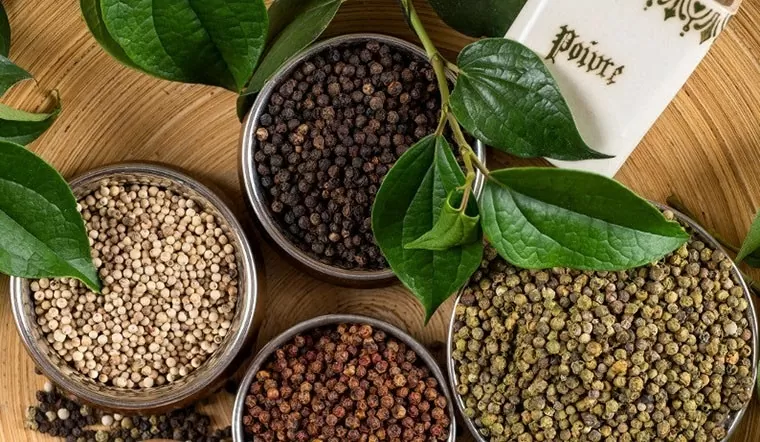Coffee, pepper and rice... will be very difficult to enter the EU from 2025, why?
Coffee, pepper and many key Vietnamese agricultural products exported to the European Union (EU) are forecast to face many difficulties in 2025 when the region strengthens food safety monitoring measures.
Many products including durian, bananas, mangoes, vegetables such as onions, garlic, chili and even products including rice, tea, coffee and products of animal origin are also subject to new regulations. strengthening animal and plant quarantine (SPS) measures for food imported into this area. There are 2 newly established active ingredients and 2 old active ingredients with commonly adjusted concentrations hundreds of times lower than current regulations. This will make Vietnam's agricultural product exports to the EU much more difficult.
The Vietnam SPS Office (Ministry of Agriculture and Rural Development) said that the World Trade Organization (WTO) SPS Committee Secretariat recently sent to EU members for comments regarding the EU's proposal. maximum residue levels (MRL) for some active ingredients. The comment period for these proposals is in August 2024 and is expected to be applied in February 2025.
Accordingly, with the active ingredient Zoxamide, Vietnam is having okra products exported to the EU that are subject to control measures at the border gate. The maximum residue level under the old regulations was 0.02ppm, but the new draft only allows 0.01ppm. Most notable are vegetables such as: Lettuce, lettuce, spinach, the old concentration is 30ppm, the new draft is only 0.01ppm.
Notably, for Vietnam, coffee and tea are products with great export value, the concentration according to regulations of 0.05ppm is currently only 0.01ppm.
With the active ingredient Acetamiprid, banana products according to the old regulations had a concentration of 0.4ppm, the new regulation is 0.01ppm; Bell peppers and sweet peppers from 0.3 now only 0.09ppm, tomatoes from 0.5ppm to 0.06...
In addition, the EU also applies control to two new active ingredients: Fenbuconazole and Penconazole. Among these, for Vietnam, citrus fruits and nuts such as cashews, macadamia nuts... concentrations are regulated at a very low level of only 0.01ppm. Okra is also a product that continues to be controlled with these two substances and the concentration is only 0.01ppm. With these two active ingredients, important Vietnamese products will be applied such as rice at a concentration of 0.01ppm; coffee, spices and honey at the same level of 0.05ppm.
Dr. Ngo Xuan Nam, Deputy Director of the Vietnam SPS Office, advised: The EU plans to apply these regulations from February 2025. Thus, manufacturers have 6 months to prepare appropriate adjustments. If we capture information promptly, proactively adjust and control the residue levels of the above 4 active ingredients, we are confident that we will meet EU regulations.













